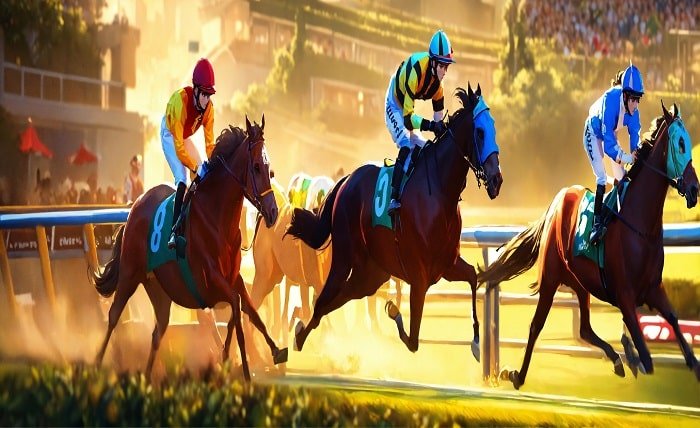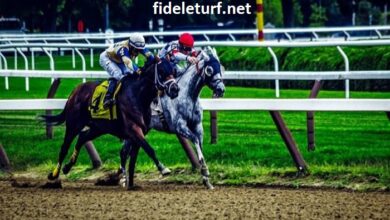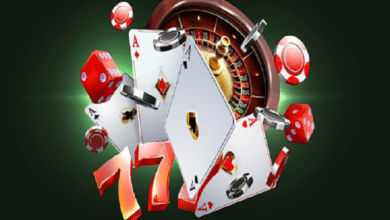
Why Choose Mini Turf?
Choosing mini turf offers several advantages. For one, it requires minimal maintenance compared to natural grass. It eliminates the need for mowing, watering, or fertilizing, making it ideal for busy homeowners or commercial properties. Additionally, mini turf is durable and weather-resistant, meaning it retains its appearance year-round. Whether used for small backyards or indoor sports zones, mini turf provides a cost-effective and visually appealing alternative.
Common Applications of Mini Turf
Mini turf has a wide range of applications. Homeowners often use it to create green zones in balconies or patios. It’s also popular for small backyard sports setups, such as mini-golf courses or play areas for kids. Commercial spaces, including offices and cafes, install mini turf to add a touch of greenery. Sports facilities also use it for compact indoor fields, ensuring a safe and durable surface for activities.
Benefits of Mini Turf for Homes
Mini turf is a fantastic addition to residential spaces. It brings the look and feel of a natural lawn to areas that might otherwise lack greenery. For instance, mini turf can transform an urban balcony into a cozy outdoor retreat. Families with children or pets appreciate mini turf for its safety and cleanliness, as it’s free from mud and allergens. Moreover, it increases the aesthetic appeal of small spaces.
Mini Turf for Commercial Spaces
In commercial environments, mini turf adds a modern and inviting touch. Offices can use mini turf to create relaxation zones or accent meeting areas. Restaurants and cafes incorporate it into outdoor seating areas for a refreshing atmosphere. Mini turf is also an excellent option for retail displays, creating visually appealing setups for stores. Its versatility and low maintenance make it a favorite in commercial design.
How to Install Mini Turf
Installing mini turf is straightforward, especially for small spaces. Start by measuring the area and selecting the right size and type of mini turf. Prepare the base by cleaning the surface and ensuring it’s even. Lay the turf, cut it to fit, and secure it with adhesive or nails, depending on the surface. For added durability, consider using an underlay for cushioning. Proper installation ensures the longevity of your mini turf.
Maintenance Tips for Mini Turf
Maintaining mini turf is easy, requiring minimal effort compared to natural grass. Regularly brush the turf to keep the fibers upright and remove debris. Clean spills promptly with water and mild detergent to prevent stains. Periodically inspect the installation for signs of wear or damage, and address them promptly. Following these simple maintenance steps ensures your mini turf stays lush and vibrant.
Cost of Mini Turf
The cost of mini turf varies based on factors like size, quality, and installation method. Generally, it’s more affordable than larger artificial grass installations. While the upfront cost may seem higher than natural grass, the long-term savings on water, fertilizers, and maintenance make mini turf a cost-effective option. Many suppliers offer a range of products to suit different budgets, making it accessible for homeowners and businesses alike.
Eco-Friendly Aspects of Mini Turf
Mini turf is an environmentally friendly alternative to natural grass. It reduces water consumption, as it doesn’t require irrigation. Additionally, it eliminates the need for pesticides and fertilizers, which can harm the environment. Some modern mini turf options are made from recyclable materials, further enhancing their eco-credentials. For those seeking sustainable solutions, mini turf is a smart choice.
Is Mini Turf Right for You?
Mini turf is ideal for anyone seeking a low-maintenance, durable, and attractive green solution for compact spaces. It works well for urban homeowners, small businesses, and sports facilities. However, it’s essential to choose the right product for your needs, considering factors like traffic levels, intended use, and budget. If you value aesthetics and convenience, mini turf is a great investment.
Conclusion
Mini turf is a versatile and practical solution for adding greenery to small spaces. Its low maintenance, durability, and aesthetic appeal make it popular among homeowners and businesses alike. By understanding its benefits, installation process, and applications, you can determine if mini turf is the right choice for your needs. Whether you’re creating a cozy balcony retreat or enhancing a commercial space, mini turf offers endless possibilities.
FAQs
What is mini turf made of?
Mini turf is typically made from synthetic materials like polyethylene, polypropylene, or nylon, designed to mimic natural grass.
Can mini turf be used indoors?
Yes, mini turf is ideal for indoor spaces like offices, gyms, and play areas, providing a durable and aesthetic flooring option.
How long does mini turf last?
With proper care, mini turf can last 8–10 years or more, depending on the quality and level of use.
Is mini turf safe for pets and children?
Yes, mini turf is safe for pets and children. It’s free from harmful chemicals and offers a clean, mud-free surface.
Can mini turf withstand heavy traffic?
High-quality mini turf is designed to handle moderate to heavy foot traffic, making it suitable for busy areas.




